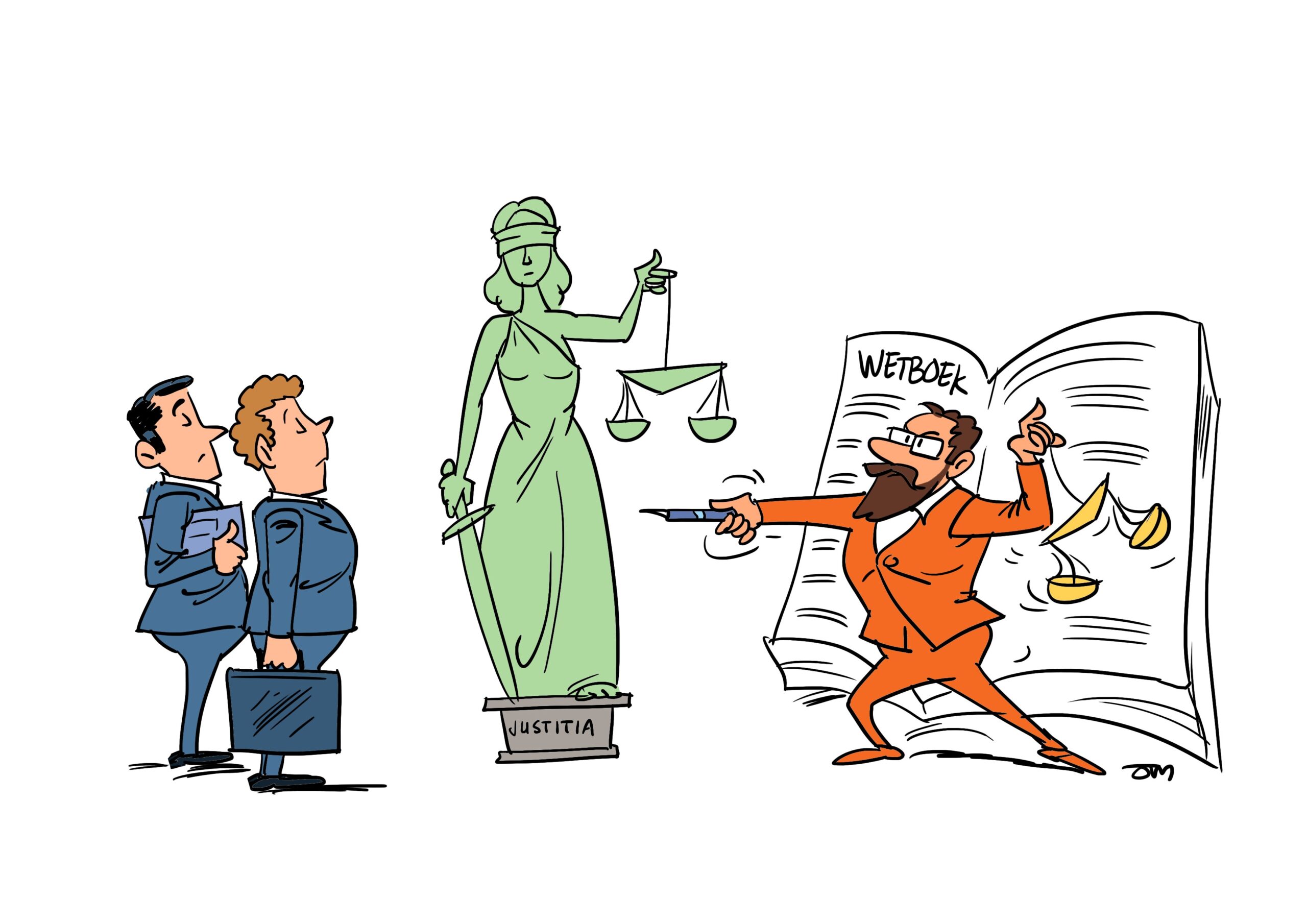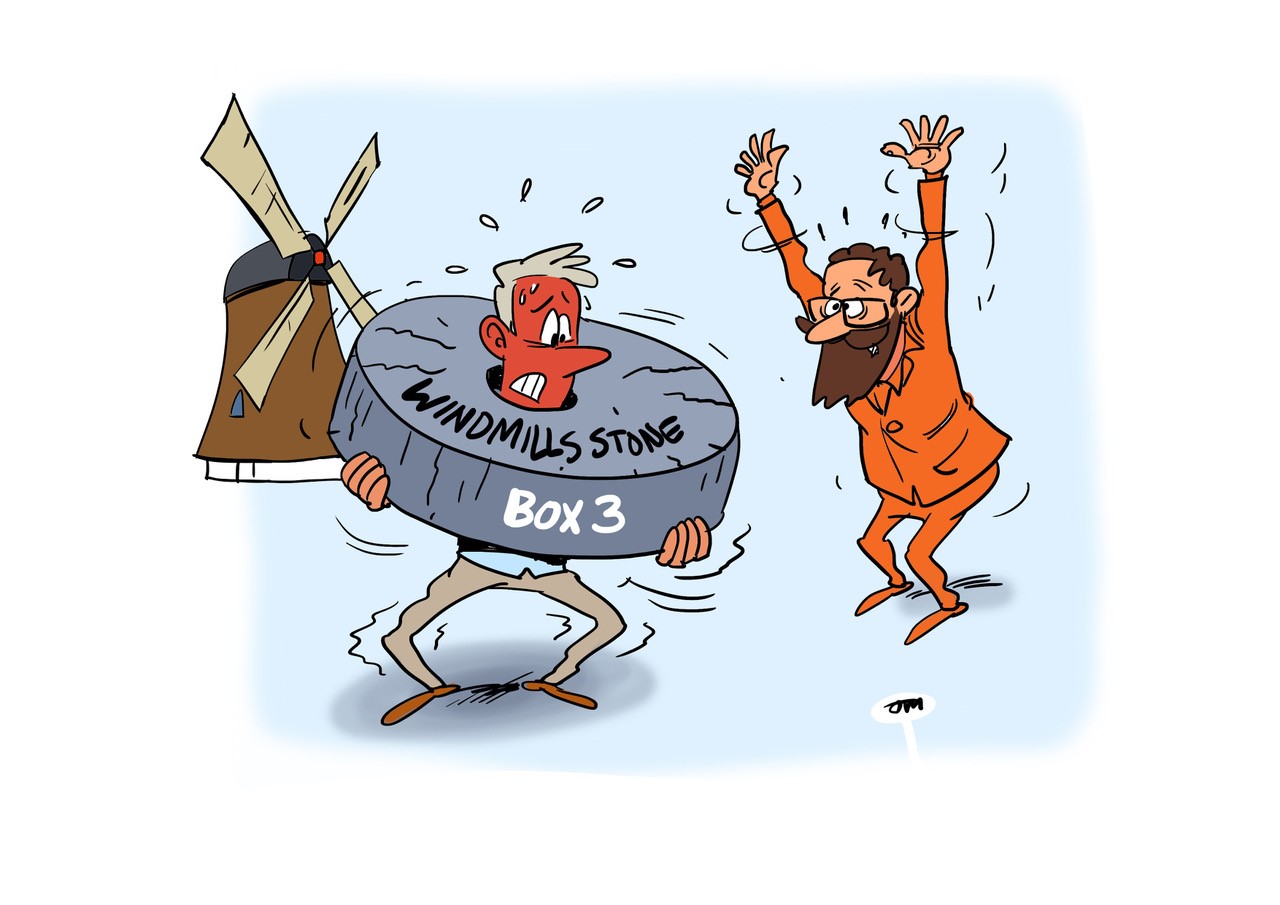The 30% ruling and minimum salary, not always understood, sometimes ever overlooked or missed. What is the case?
The 30% ruling and minimum salary
One of the conditions for the 30% ruling is that you need to meet the minimum salary criteria. In article 10eb of the 1965 Extention to the wage tax law (uitvoeringsbesluit) is stated the minimum salary. For the year 2023 that is EUR 41.954.
Salary misunderstood
The misunderstanding is with the EUR 41.954 amount. Sometimes it is assumed that this is the minimum salary for the 30% ruling. In fact it is not. It is already the minimum salary after the 30% has been applied.
Example salary misunderstood
You earn a EUR 50.000 gross salary, under the 30% ruling 70% of that salary is taxed. If this EUR 50.000 salary is set at 70%, the amount is EUR 35.000. EUR 35.000 is lower than EUR 41.954 (2023), hence the salary is not sufficient for the 30% ruling.
You earn a EUR 60.000 gross salary, under the 30% ruling 70% of that salary is taxed. If this EUR 60.000 salary is set at 70%, the amount is EUR 42.000. EUR 42.000 exceeds the minimum requirement of EUR 41.954 (2023), hence the EUR 60.000 gross salary meets the criteria of the 30% ruling.

Salary under 30 years old
If you are under 30 years old and you hold a master degree, then you do not need to meet the EUR 41.954 minimum salary. You need to meet EUR 31.891 (2023) minimum salary. Again, this is already the 70% part, hence your gross salary cannot be less than EUR 45.559 to qualify.
You apply for this while you are under 30 years old. However, the day you turn 30, you need to meet the EUR 41.954 amount, being the EUR 59.935 gross salary. Not every employer is keen to give you a EUR 14.376 raise so you can keep the 30% ruling.
Salary no longer meets the requirement
In the event you did meet the minimum salary requirement for the 30% ruling in 2022, but in 2023 your raise was not enough to meet the new EUR 41.954 criteria, then you lost the 30% ruling.
Losing the 30% ruling is a silent event. No bell rings, no message from the tax office. Only your employer should be aware the salary is too low. The moment your employer is aware, you are aware, as your net salary will be much lower.
It does happen that neither you nor your employer are aware your salary is too low. Maybe you started working less hours, maybe less raise. The moment you change employment and you ask the new employer to apply for the 30% ruling the new employer or the Dutch tax office can state you no longer qualify. Once you lost the 30% ruling, you cannot get it back.
No salary minimum requirement
The 30% ruling has been invented to attract knowledge from abroad. Hence the lower salary requirement for the under 30 year old holding a master degree.
Universities are budget driven and these budgets can often not meet the minimum salary of the 30% ruling. As the universities are the organizations attracting knowledge the Netherlands needs, it has been decided that university employees do not need to meet a minimum salary requirement for the 30% ruling.
Tax is exciting
We think tax is exciting. We are excited for you obtaining the 30% ruling. Keeping the 30% ruling is out of our ability. It is you that needs to keep an eye on the minimum salary. And if you do a good job, it is your employer that needs to be on top of the minimums salary to keep you happy under the 30% ruling.




